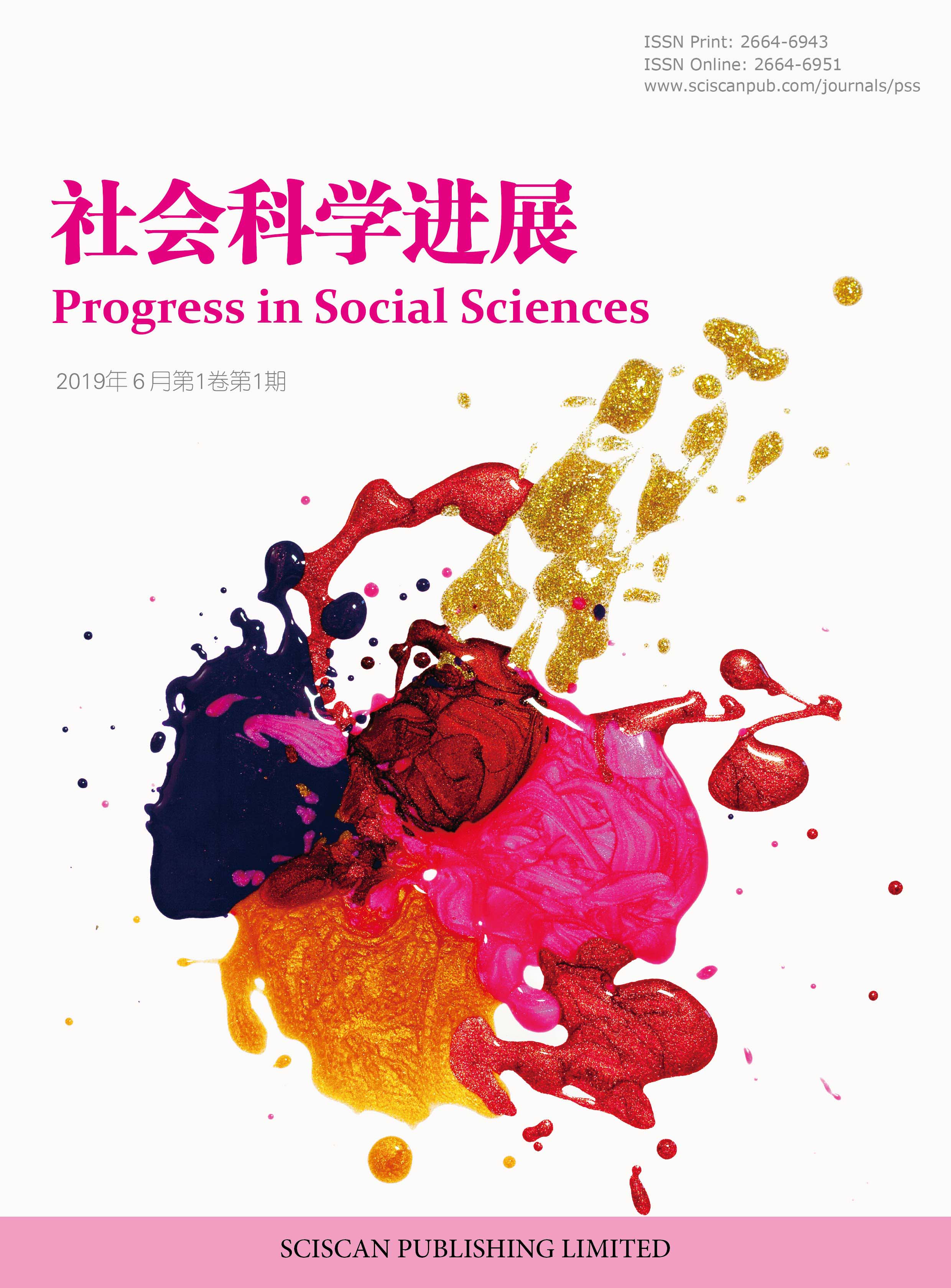Progress in Social Sciences
ISSN Print: 2664-6943
ISSN Online: 2664-6951
Contact Editorial Office
Subscribe to the latest published information from SCISCAN
移动性视角下郭沫若空间轨迹与思想演化的互动研究
Research on the Interaction between Guo Moruo’s Spatial Trajectory and Ideological Evolution: From a Mobility Perspective
- Authors: 汪馨宁¹ 黄欢² 武心怡¹
-
Information:
1. 西交利物浦大学和谐管理研究中心,苏州; 2. 汕头大学文学院,汕头
- Keywords: 郭沫若;移动性理论;空间轨迹;思想演化
- Guo Moruo; Mobility theory; Spatial trajectory; Ideological evolution
- Abstract: 本文以移动性理论为基础,基于空间轨迹方面探讨了郭沫若在四川青少年时期、上海革命时期与日本流亡时期三个不同人生阶段的思想演化历程。研究引入TimCresswell提出的三元辩证移动性框架,分析郭沫若的地理流动如何影响其文学创作、思想转型与身份建构。文章旨在突破以“思想内容分析”为主的传统路径,尝试从“空间—思想”互动的角度重新审视郭沫若的成长轨迹,为理解中国现代知识分子思想变迁提供新的理论视角与方法路径。
- This paper, grounded in mobility theory, examines the ideological evolution of Guo Moruo across three distinct life stages: youth in Sichuan, revolutionary period in Shanghai, and exile in Japan, with a particular focus on spatial trajectories. Drawing on Tim Cresswell’s threefold dialectical framework of mobility, the study analyzes how Guo Moruo’s geographic movements influenced his literary production, ideological transformation, and identity formation. The paper seeks to move beyond the conventional approach centered on “ideological content analysis,” and instead reinterprets Guo Moruo’s intellectual development through the lens of spatial-ideological interaction. In doing so, it offers a new theoretical perspective and methodological approach for understanding the ideological shifts of modern Chinese intellectuals.
- DOI: https://doi.org/10.35534/pss.0703045
- Cite: 汪馨宁,黄欢,武心怡.移动性视角下郭沫若空间轨迹与思想演化的互动研究[J].社会科学进展,2025,7(3):259-264.














